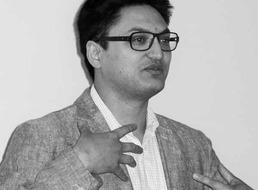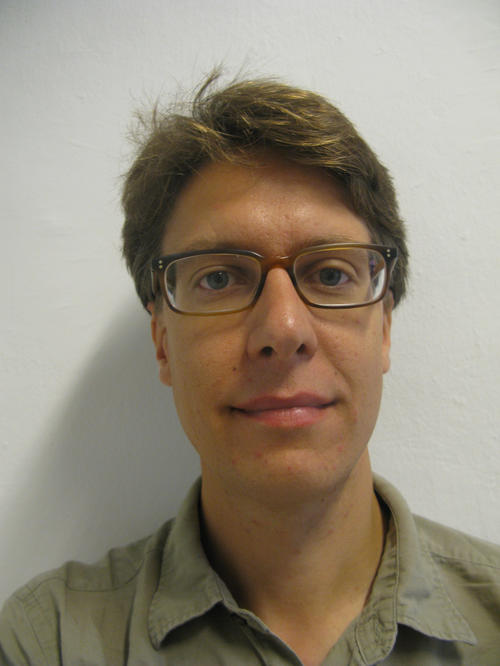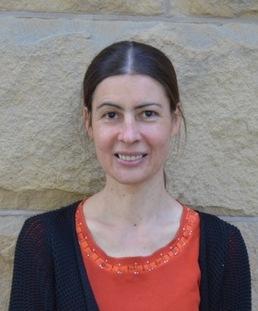Associated Fellows 2014/15
Lewis Doney: The Foundations and Transformations of Tibetan Buddhist Historiography
Lewis Doney works in the field of early Tibetan Buddhist historiography. He received his BA (Religious Studies 2002) from Lancaster University and his MA and PhD (Study of Religions 2004 and 2011) from the School of Oriental and African Studies, London. His thesis charts the metamorphosis of kingship ideals in Tibetan histories between the 8th and the 12th century, through the prism of representations of the Tibetan emperor, Tri Songdetsen (742–c.800 CE). At LMU Munich, as Postdoctoral Researcher in the group “Kingship and Religion in Tibet,” he has recently completed a work entitled “The Zangs gling ma: The First Padmasambhava Biography” for the series Monumenta Tibetica Historica (Andiast: IITBS). It outlines the recensional tradition of the earliest full-length biography of Tri Songdetsen’s supposed tantric master, Padmasambhava. Doney also co-taught courses on Old Tibetan, the imperial-period inscriptions of the eighth and ninth centuries, and biographical and historical sources on Padmasambhava while at LMU. Among his current research interests are the influence of foreign literary topoi on early Tibetan narrative and the interaction between text and image in media ranging from 8th-century inscriptions up to the depiction of Tibet in comics and contemporary art.
Joydeep Bagchee: Critical Editing of Sanskrit Texts: The Mahābhārata and the Rāmāyana
Joydeep Bagchee received his PhD in Philosophy from the New School for Social Research in New York. His doctoral thesis was on the problem of time in Heidegger’s early writings and in Being and Time. Following research work at Humboldt–Universität zu Berlin and at Albert–Ludwigs–Universität, Freiburg i. Breisgau, he continued work as a post-doctoral fellow under the direction of Prof. Dr. Arbogast Schmitt at Philipps–Universität Marburg and Freie Universität Berlin. His current research focuses on the intersection of the textual sciences, philology, textual criticism, and the history of science, with the aim of illumining how contemporary ideas of scholarship and especially of historical rigor developed. He has co-authored a book with Dr. Vishwa Adluri, Hunter College, New York on the subject—The Nay Science: A History of German Indology (New York: Oxford University Press, 2014), and is close to completing a second book titled Philology and Criticism: A Guide to Mahābhārata Textual Criticism (London: Anthem Press, forthcoming in 2014). Bagchee serves as editor on the standing editorial board of Oxford Bibliographies Online: Hinduism.
Hajnalka Kovacs: The Debate on the Indian vs. Iranian Usage of Persian and the Formation of the Canon of Persian Poetry in Eighteenth-Century India
Hajnalka Kovacs was educated at the ELTE University, Budapest, the Jamia Millia Islamia, New Delhi, and the University of Chicago. After completing her PhD at the Department of South Asian Languages and Civilizations of the University of Chicago, from 2013 to 2014 she was a postdoctoral fellow in Literary Cultures of Muslim South Asia in the Sohaib and Sara Abbasi Program in Islamic Studies at Stanford University. Hajnalka specializes in the Persian and Urdu literature of the Indian Subcontinent, with particular focus on the intersection of literary aesthetics and religious beliefs in premodern Persian and Urdu poetry. Her dissertation, “‘The Tavern of the Manifestation of Realities’: The Masnavī Muḥīṭ-i A`ẓam by Mīrzā `Abd al-Qādir Bedil (1644–1720)” examines the poetry and mystical thought of the celebrated and highly influential Indo-Persian poet Mīrzā `Abd al-Qādir Bedil.








